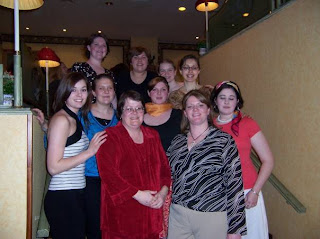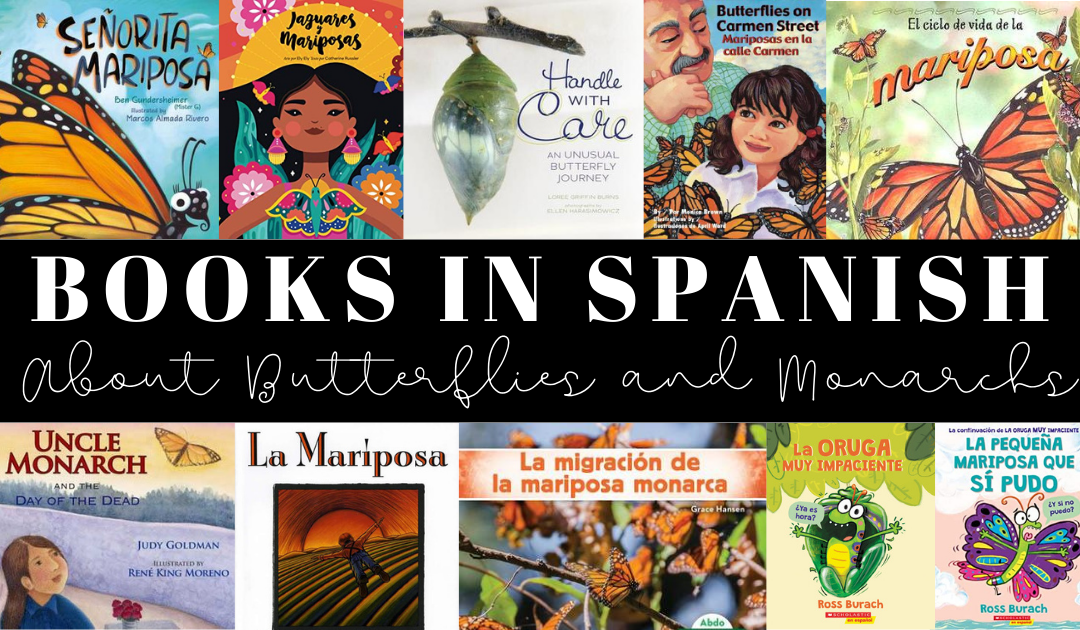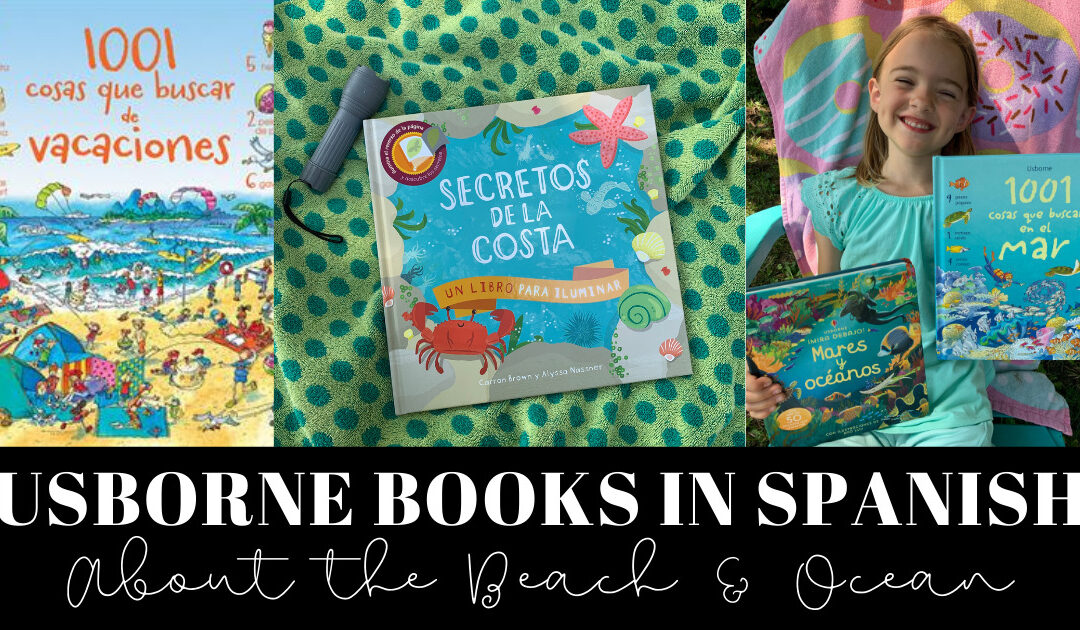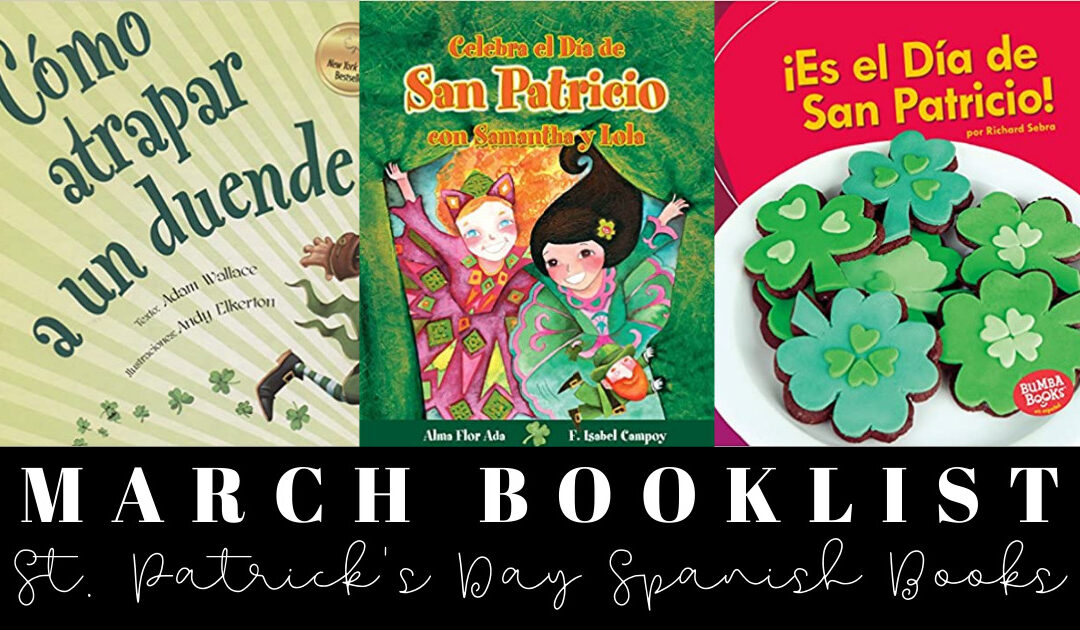When I stepped into Dr. Brown’s Spanish 101 class in the fall of 2003, I did not imagine it would bring me here—teaching Spanish to children and adults and working on developing a business centered on helping families learn Spanish together. My declared major was Art and English, with the intention (or hope) of writing and illustrating children’s literature. The college I attended required two semesters of a foreign language and, having no exposure to any, I chose Spanish thinking it would present the least amount of trouble for me. I had no idea I would fall in love with the language, the cultures it represented, and the opportunities opened up to me by speaking it.
 |
My first trip abroad to Madrid, Spain
with Cottey College in 2005 |
My newest venture for the coming semester is the Mommy & Me or Toda la familia (The Whole Family) Spanish class. I cannot wait for this class, because teaching young children might be one of my favorite things—young children think learning is fun, which in turn makes teaching fun. But my excitement is twofold, because I cannot wait to show parents that learning a foreign language as a family is completely possible. One mother and language expert interview by the The Darien Times newspaper says “language acquisition is actually a natural process [for young children] and acquired passively” (“Playschool expands”). Anyone who observes a young child learning his or her first language observes that children delight in language and conversation, and are eager to learn new words and expressions; the newness of language for children is exciting, not daunting, and they try at it without any inhibitions, full of curiosity and excitement.
 |
| Reading bilingual books at Spanish Summer Camp 2012 |
Even though parents may realize that childhood is a prime time for learning new things, they may wonder why learning a foreign language is necessary or even beneficial for their children. Over the years of learning Spanish, I have learned that foreign language study is beneficial for all ages for so many reasons, but especially the younger set. As I prepare for the Mommy & Me class, my research shows that foreign language study reaps the most benefit in younger children, and it has to do with how our brains work. Studies and brain research show that, “foreign language training improves not only students’ English language skills, but their reading and math performance as well” (Hulsey). One mother even cited that her child, who had a learning disability in language arts and writing, actually improved in his studies due to the foreign language course he was taking (Hulsey). The skills that students acquire when learning a foreign language go beyond being able to speak that foreign language: “some brain research has shown that learning a second language early creates neural pathways in younger students’ brains ‘that lead them to be better thinkers, better problem solvers’” (Hulsey). A York University professor of psychology seconds that notion with this statement: “bilingual children develop crucial skills; in addition to the double vocabularies, they learn different ways to solve logic problems and how to handle multitasking skills that are often considered part of the brain’s executive function” (“Playschool expands”). The information available about the benefits of bilingualism and second language learning is endless strongly convincing.
Beyond the brain benefits, there are practical reasons parents should encourage their children from a young age to learn a foreign language. Learning language at a young age makes it less difficult when students have to begin taking foreign languages in high school or college; knowing a foreign language makes job applicants more marketable and in-demand in the workplace. Give your children the gift of foreign language—and do not be afraid to try something new right along with them. The resources for doing so are endless. Check your local library’s website for foreign language lessons; find instructional videos or children’s songs on YouTube that teach Spanish or French; make new friends who speak a different language than you and ask them to teach you; buy the book 52 Weeks of Family Spanish; take a Spanish class as a family! Make a brave step in 2013 and start a language learning adventure as a family—you will all be better off for it. I would love to hear how it goes for you! Connect with us on Facebook, leave a comment below, or email learntospeakspanish@yahoo.com. Happy brain expanding!
Works Cited
Hulsey, Lynn. “Early Birds Catch the Words.” Dayton Daily News 12 September 1997: 3B.
“Playschool expands with foreign language immersion classes,” Darien Times 1 March 2012: A11





